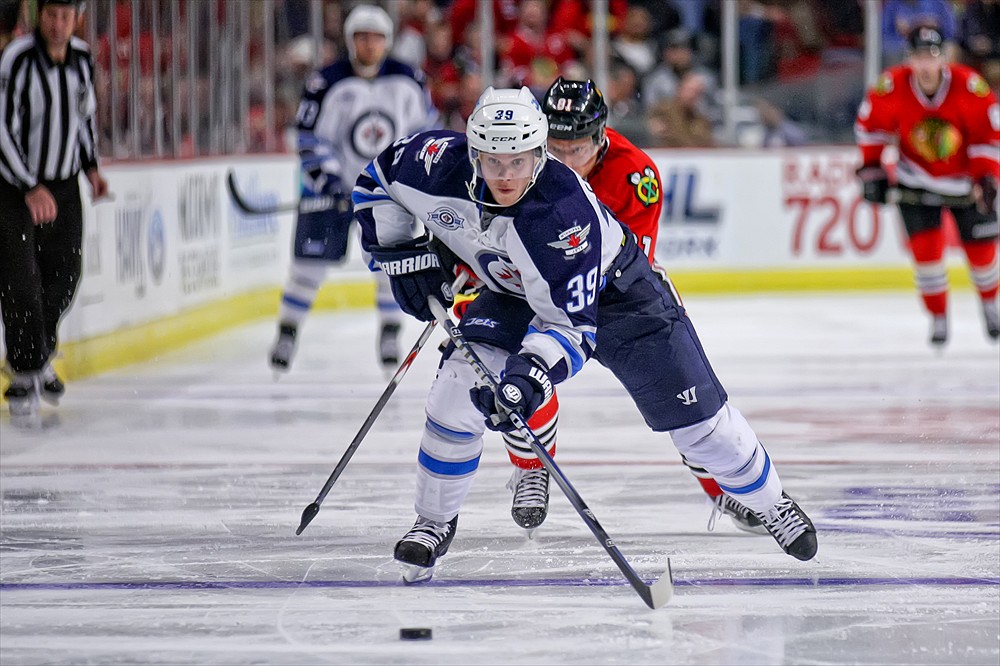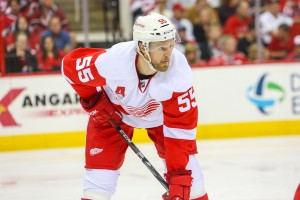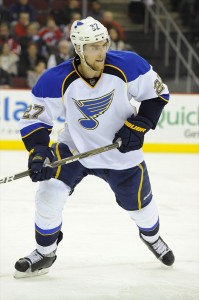The only defensive war is a war of defense — Gilbert K. Chesterton
Gil’s circular logic notwithstanding, there is clearly a correlation between defensive success and winning in the NHL.
Case in point: the reigning defending Stanley Cup champion Los Angeles Kings, who finished as the top overall defensive team when I last tackled this subject one year ago. As we all know, Los Angeles ended up riding that stellar defense all the way to their second Cup in three seasons.
When judging the overall defensive effectiveness of NHL teams, it is not enough to simply use goals allowed. Doing so would put far too much weight on the goaltender, which although key, doesn’t (by itself) account for the other players on the ice. As we all know, a great goaltender can make up for a myriad of defensive lapses. Sadly, the reverse is true as well.
Does having a superior defense to this point in the season guarantee anything? Absolutely not. That being said, the combined record of the top five teams on the forthcoming list is 97-46-20. That’s pretty compelling evidence.
The formula for ranking team defensive prowess

The categories utilized and weightings assigned were as follows:
– Goals Against (40%)
– Shots Against (20%)
– Blocked Shots (10%)
– Hits (10%)
– Takeaways (10%)
– Faceoffs (10%)
Team statistics were compiled as of Saturday, December 20.
The net results
Last year, the Los Angeles Kings, Pittsburgh Penguins, Boston Bruins, Minnesota Wild and Anaheim Ducks were the top five defensive clubs to this point in the season. Proving that nothing last forever, this year’s list features five completely different teams. For the record, the Kings finished 11th, the Penguins 9th, the Bruins 13th, the Wild 14th and the Ducks 10th.
So who are the top five teams so far this season? Read on:
#5: Tampa Bay Lightning
Tampa Bay has bolted out of the gate 20-11-4, relying on the league’s second-best offense to fuel their winning ways. With four double-digit goal scorers (Steven Stamkos, Tyler Johnson, Nikita Kucherov and Ryan Callahan), the Lightning frequently overwhelm their opponents, to the tune of 3.20 goals per game.
Overlooked in the blizzard of goals, however, is a solid, well-rounded defense. Anton Stralman, Victor Hedman, Matthew Carle and Jason Garrison headline a defensive corps that do almost everything well, ranking top-five in shots allowed (27.6) and upper half in every other category except hits (19th). From an advanced stats perspective, Tampa is top three in both Corsi For % and Fenwick For %, which means the Lightning tend to spend more time in the opponent’s zone.
I’m not the only one who has noticed the job Steve Yzerman has done since taking over the helm this past summer. The Lightning defense may not receive accolades, but they are quietly effective.
#4: Detroit Red Wings
Per the aforementioned formula, the fourth-best defensive team in the NHL is the Detroit Red Wings.

Is Niklas Kronwall a legitimate Norris Trophy candidate? There are pundits hither and yon who believe he deserves serious consideration.
#3: Chicago Blackhawks
It’s rather annoying that the Blackhawks earned a spot on this list, since as one of the Kings’ primary rivals, it demonstrates how good they are at pretty much everything. Technically that’s not entirely true, as they don’t block shots (28th) or throw hits (30th). However, they rank highly in goals allowed (2nd), takeaways (6th) and faceoffs (6th), and are more than respectable in the other categories.
They are also beloved by advanced stats geeks, ranking at the top of the chart in Corsi For % and second in Fenwick For %.
Chicago is 23-9-2 as of this writing, good for second in the highly competitive Western conference. Duncan Keith, Brent Seabrook, Niklas Hjalmarsson and Johnny Oduya deserve plenty of credit for their defensive success — except, of course, when I’m cursing them out in the middle of yet another victory over the Kings.
#2: St. Louis Blues

From an advanced stats perspective, they aren’t quite as highly-ranking as the previous teams, but still rank 10th in Fenwick For % and 17th in Corsi For %, which is nothing to sneeze at.
Alex Pietrangelo, Jay Bouwmeester, Kevin Shattenkirk and Barret Jackman have a combined +/- of about a million, and represent one of the best top-four in the NHL. Could this be the Blues’ year? I think it could.
#1: Winnipeg Jets
Defensively, one of the league’s biggest surprises this year is the Winnipeg Jets.
The Jets’ ranking on this list is well-earned. Winnipeg (17-10-7) surrenders just 2.26 goals and 27.8 shots per game, ranking fourth and seventh, respectively. They also hit aggressively (6th), and are below average in just one statistical category (faceoffs, 23rd).
The ice generally tilts in their favor as well. Winnipeg’s Corsi For % and Fenwick For % are both top-ten in the NHL as of this writing.
The Jets’ rise is in stark contrast to last season. At the end of the 2013-14 campaign, Winnipeg was near the bottom of the league in goals allowed (2.82) and faceoffs (46.9%), middle of the pack in shots allowed (30.1), and decent-to-good in the other areas. Toby Enstrom, Jacob Trouba, Zach Bogosian and Mark Stuart may not be household names, but they’re doing yeoman’s work in the hinterlands of Winnipeg.
Thoughts? My formula is merely one way to attempt to quantify defensive effectiveness based on six key metrics. Do you agree or disagree with the teams listed above? Feel free to comment here, or message me on Twitter @McLaughlinWalt.